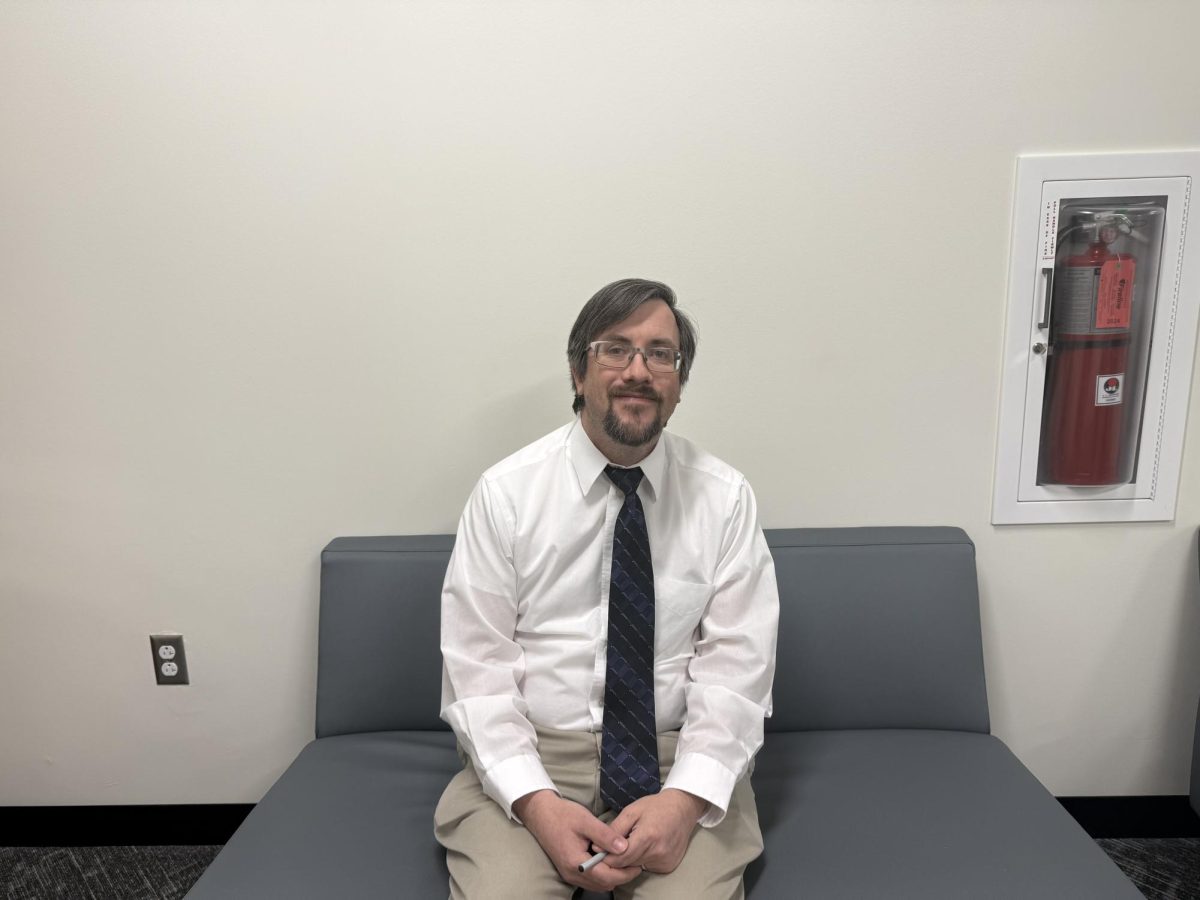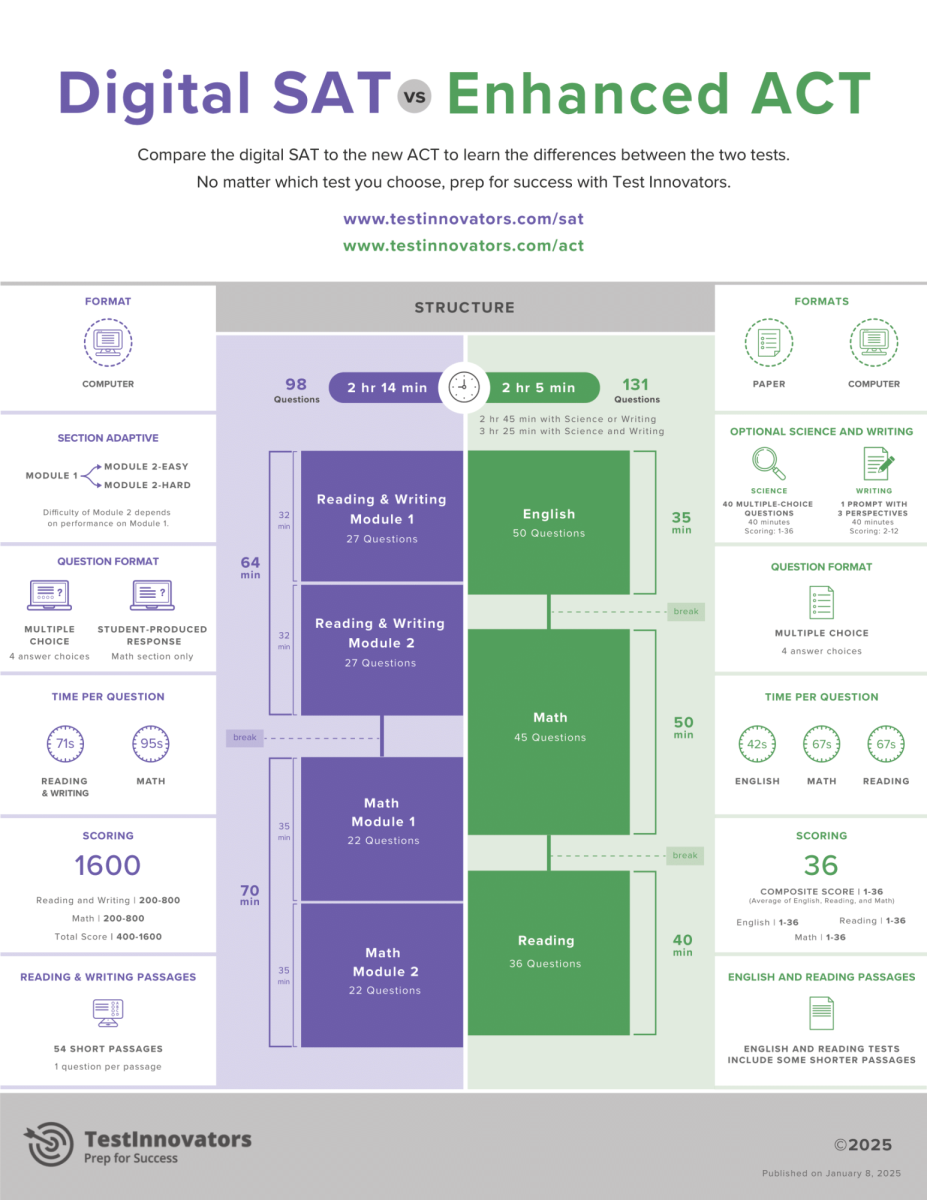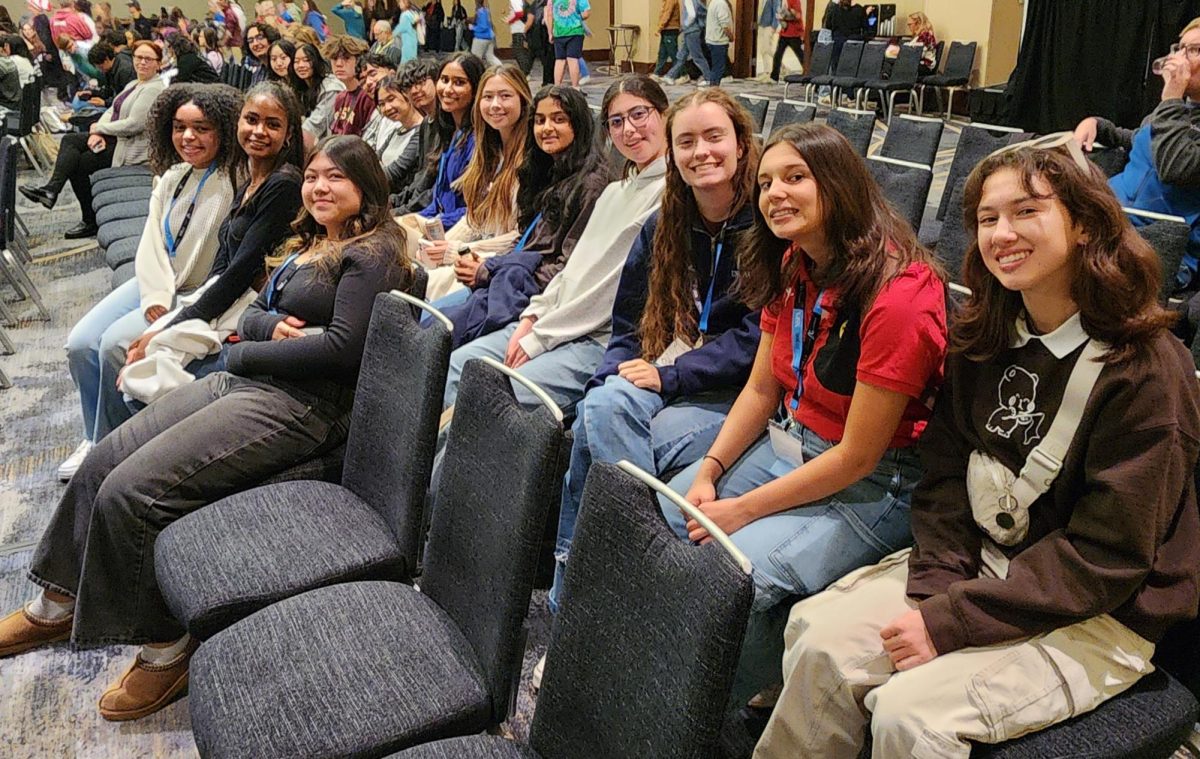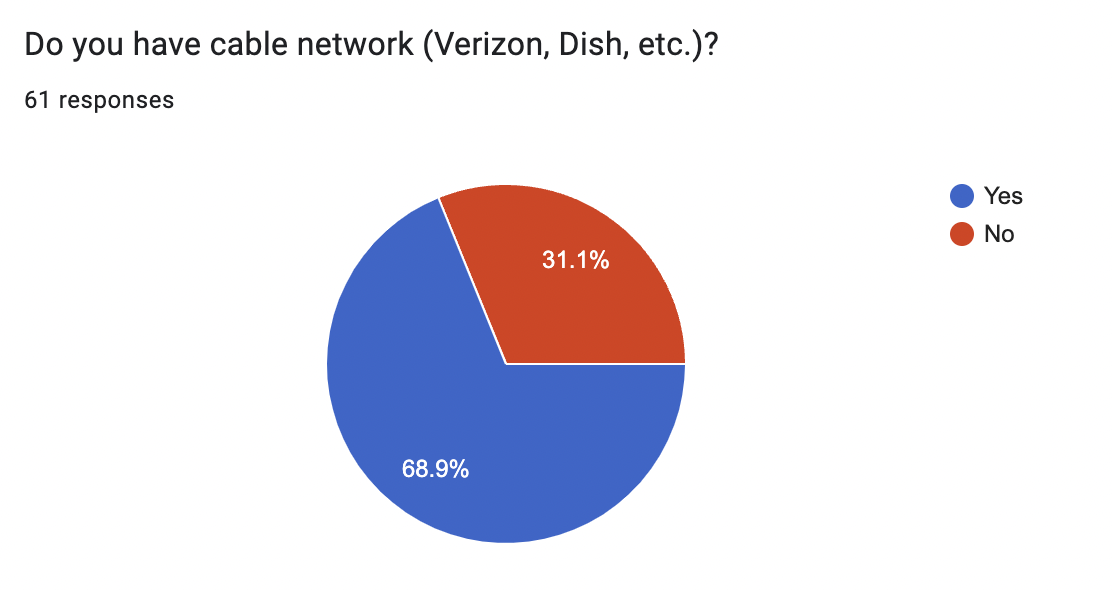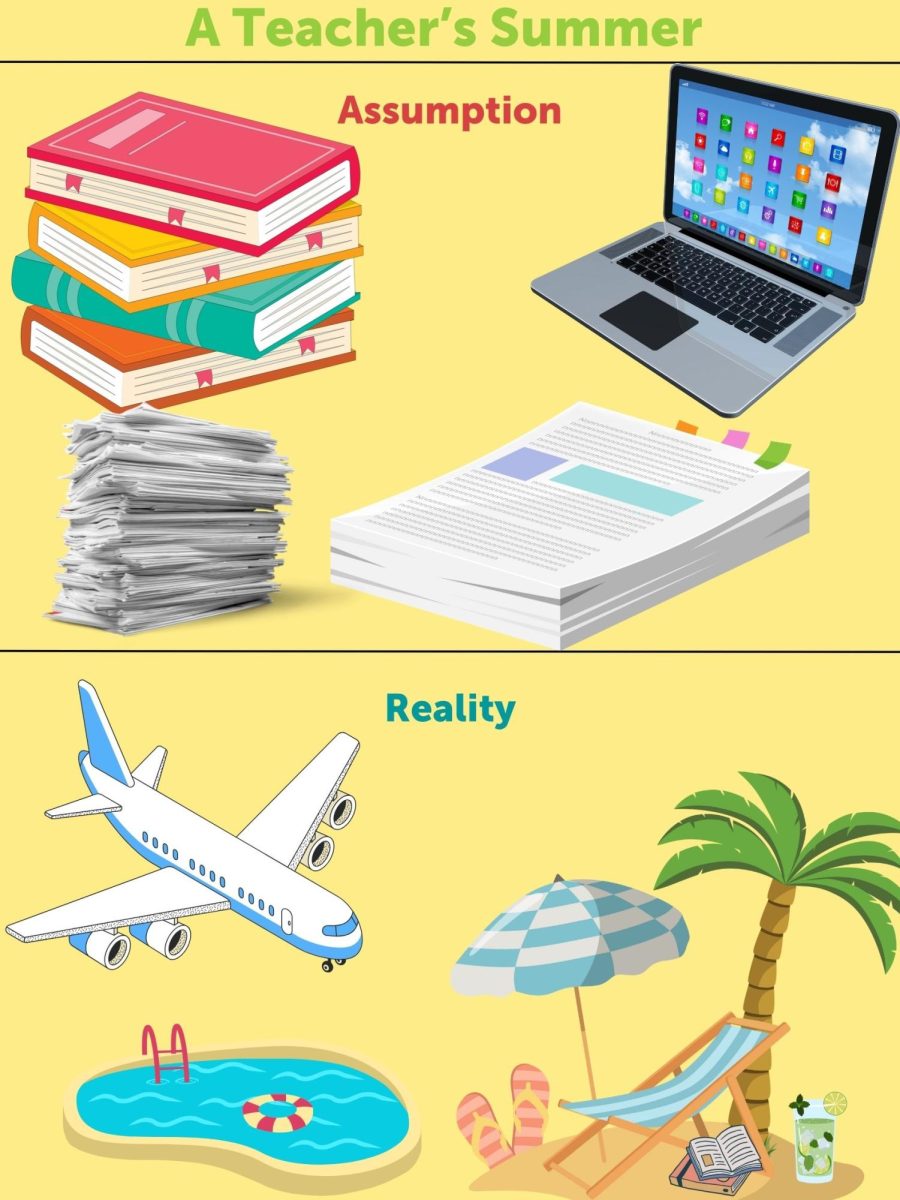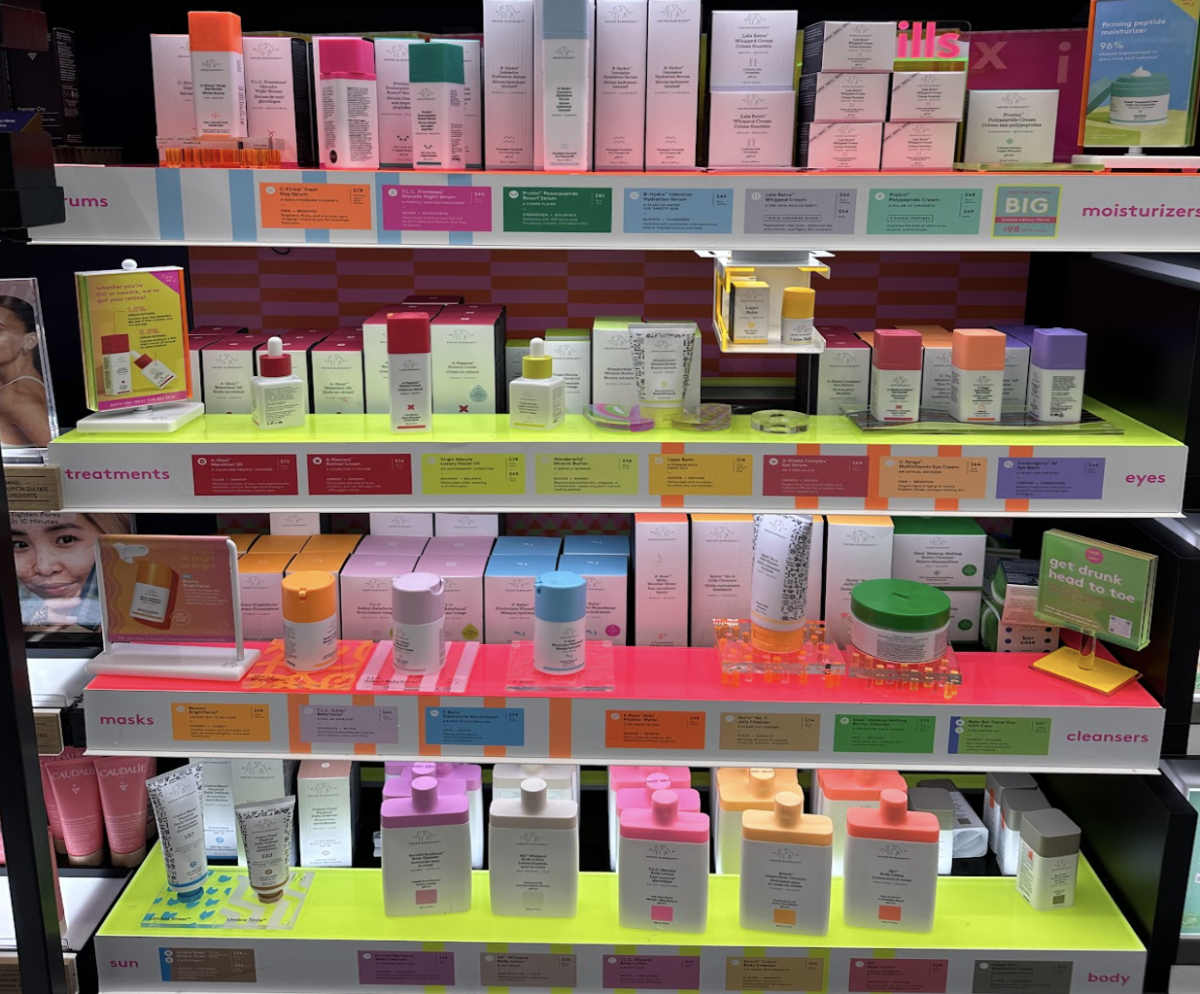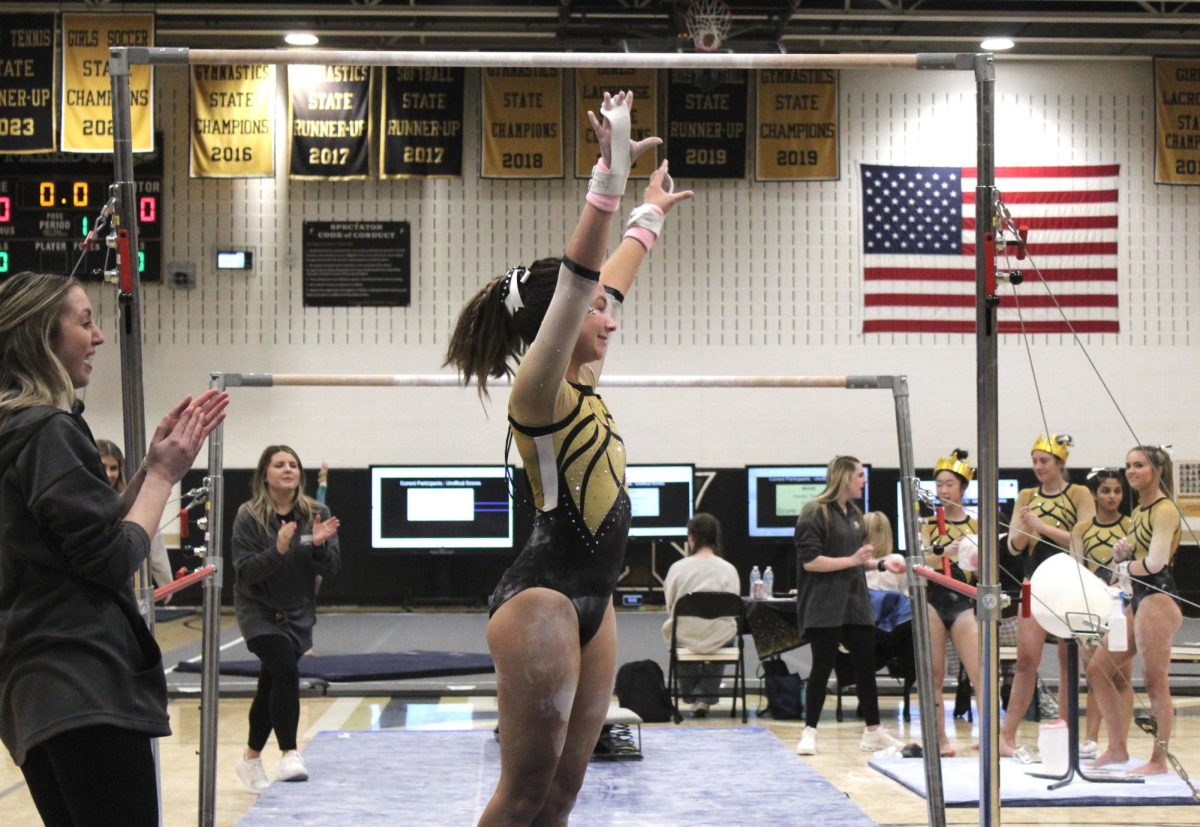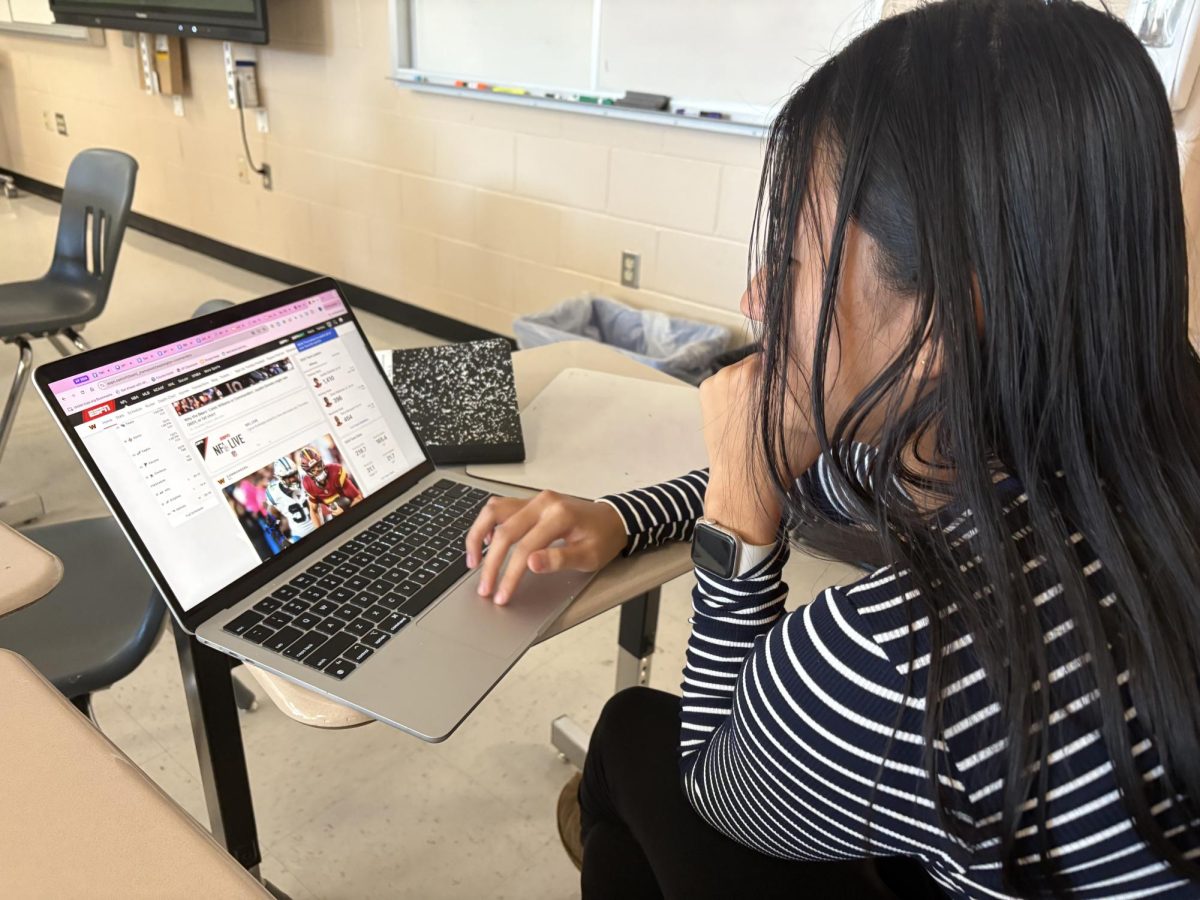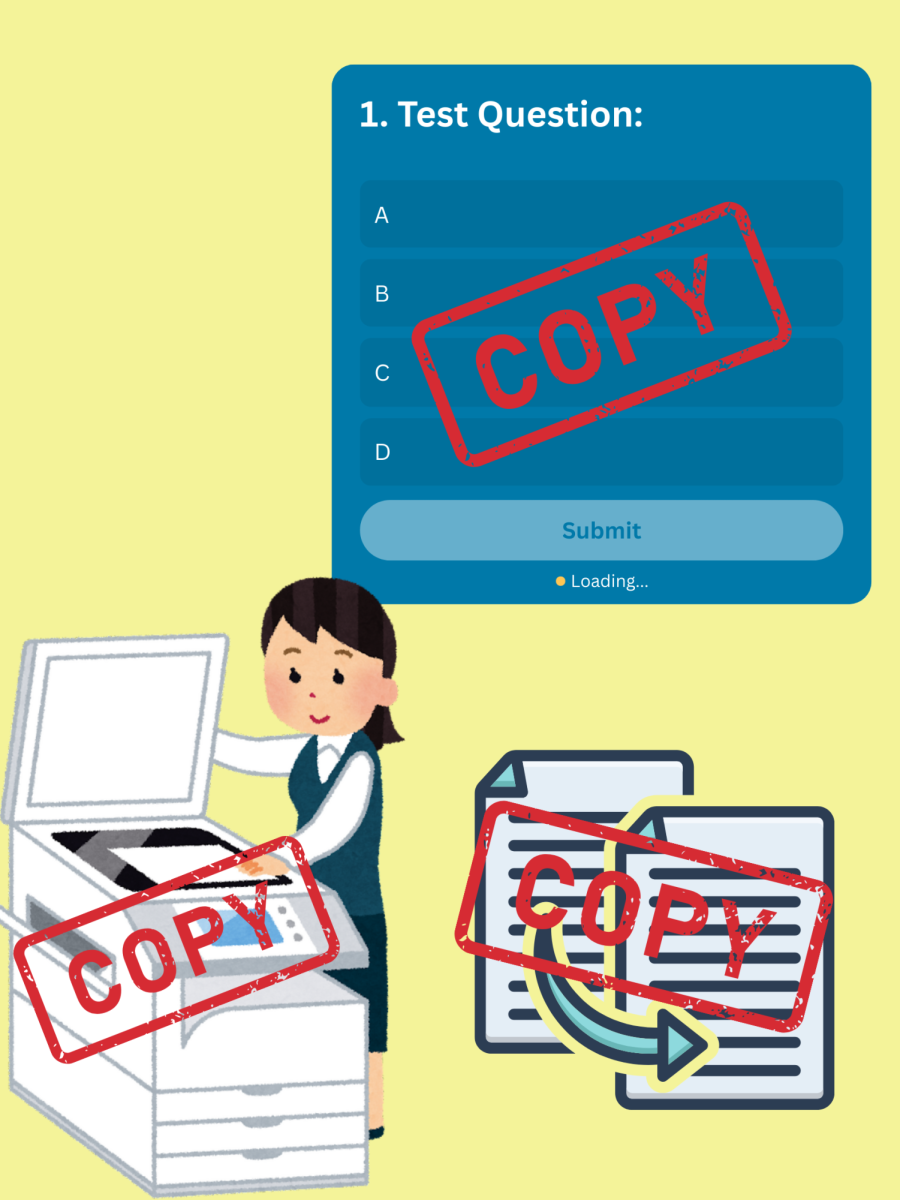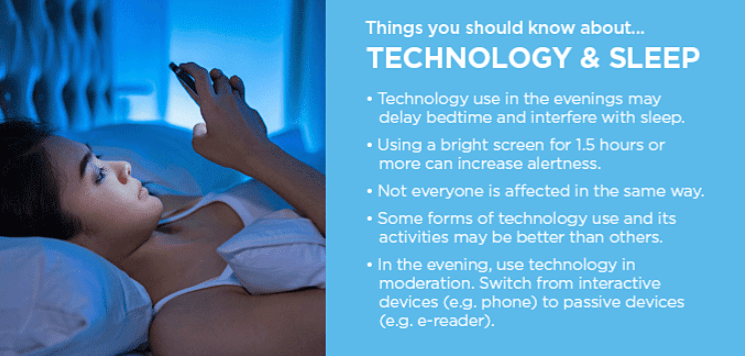With all of the excessive amounts of technology students are using on a daily basis, it can have a significant effect on sleep schedules and mental health. On average, students spend at least seven hours on the internet for school alone on a daily basis. This does not take into account the average three hours teenagers typically spend on social media recreationally.
Many studies have shown that the bright screen lights can cause alertness leading to less sleep. The blue light used in technology also negatively affects sleep because it reduces the amount of melatonin produced in the body.
According to Harvard Health Publishing, “While light of any kind can suppress the secretion of melatonin, blue light at night does so more powerfully.”
Activities on devices can also be more stimulating, causing people to be less ready for sleep. These activities can also be consuming, keeping people up past a reasonable bedtime.
Since students already have to be awake early for school in the morning, this can lead to even less hours of sleep. Teenagers on average only get between “7 and 7 ¼ hours” of sleep while it’s recommended to get between 9 and 9 1/4 hours of sleep according to Nationwide Children’s Organization.
“I typically go to sleep around 1 a.m. during a school night and wake up at 8:30 a.m. usually because of homework I need to complete,” said senior Grace Schofield.
There are many ways to reduce the effects of technology on sleep such as blue light glasses. It is also recommended by the Sleep Health Foundation to use technology in moderation and avoid all technology 1.5 hours before bed.
“I always try to stay off my phone and other technology late at night so I have a better chance of sleeping,” junior Avery Parker said. “I’ve definitely seen a difference with the amount of sleep I am getting which is overall making me feel more refreshed.”
Harvard Health Publishing also states that sleep problems can increase risk for developing mental health issues and that treating sleeping issues often times help alleviate a lot of the mental health symptoms.
While online school and other forms of technology may be taking up a lot of student’s days, taking the previously stated preventative measures can make a huge difference in sleeping patterns and overall mental health.



